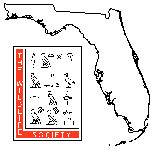Florida Chapter of The Wildlife Society
2024 Spring CONFERENCE
The Westin Cape Coral Resort at Marina Village
Cape Coral, FL
April 24-26, 2024
Click here to download the full conference program.
Register here!
Restoring Balance: Integrating Invasive Species Management and Native Wildlife Conservation
Click HERE to view the Call for Presentations and Posters
The Florida Chapter of The Wildlife Society will hold its annual Spring Meeting at the Westin Cape Coral Resort at Marina Village, Cape Coral, Florida, April 24-26, 2024. The Meeting will include a symposium, business meeting, networking socials, student interaction activities, keynote speakers, technical sessions, poster session, banquet dinner, awards ceremony, a field trip and an invasive species workshop on Friday.
This meeting provides an excellent opportunity for students and professionals working on wildlife research or habitat management in Florida to present results of recent research, talk about ongoing monitoring efforts, discuss collaborations, and share ideas. A symposium on Wednesday afternoon will include presentations on the theme: Success Stories from Invasive Species Management. Our overall meeting theme relates to invasive species, but all types of presentations are welcome to be submitted. We will have tracks on research and tracks on management.
Students will have special incentives to attend, such as reduced registration and lodging, interaction activities, a chance to win awards for best student presenter and poster, as well as networking opportunities throughout. Oral presentations and posters dealing with any wildlife-related topic are encouraged, including ecology, economics, management, restoration, risk assessment, policy and regulation, evolutionary biology, and interdisciplinary projects. Abstracts will be edited and included in a meeting program booklet; proceedings will not be published.
Registration Rates:
Early Bird rate available until April 10, 2024
Current FLTWS Member: $199
Non-member: $269
Student: $99
Add-on or Friday only professional development workshop: $75
Regular rates (April 11 - 23, 2024)
Current FLTWS Member: $249
Non-member: $319
Student: $119
Add-on or Friday only professional development workshop: $100
Host Hotel: The Westin Cape Coral at Marina Village. Room rate is $195 which is inclusive of the discounted resort fee of $20. This rate is available 1 day prior and 1 day post meeting based on hotel availability. Click on the link below to make your reservation:
Book your group rate for Florida Wildlife Society Spring 2024 Meeting
The room block rate is available until Friday, April 12, 2024. Reservations can be cancelled with no penalty up to 72 hours prior to check in date so book early to make sure you get in the block! If you need assistance with your booking, please contact Maryann at Maryann@FLTWS.org or 352-434-5025.
Working agenda:
Click here to download the full conference program.
Wednesday, April 24
11:00am Registration - Rosen Foyer
Lunch on your own
1:00pm Symposium - Rosen Ballroom: Florida Invasion - Presentations on combating invasives and the future of conserving natives. (CEUs: 2.5 Hrs)
Aimee Cooper, Chair Florida Invasive Species Council
Sarah Funck, Wildlife Impact Management Section Leader, Florida Fish and Wildlife Conservation Commission
Bryan Kluever, Ph.D., USDA-APHIS (WS) National Wildlife Research Center, Florida Field Station
3:40pm Break
4:00pm Business Meeting - Rosen Ballroom: all encouraged to attend-Prizes!! (CEUs: 1 Hr)
5:30pm Networking Social / Raffle - Grandville Ballroom (Beer & appetizers provided plus full cash bar!)
Dinner on your own
Thursday, April 25
Breakfast on your own
8:30am Plenary Session - Rosen Ballroom: The Science of Invasion - Dr. Matthew Thomas, UF Invasion Science Institute Director (CEUs: 1 Hr)
9:30am Break
10:00am Concurrent Technical Sessions
Session 1A - Rosen Ballroom
Confirmed range expansion signals potential establishment of Enterococcus lacertideformis, a novel bacterial pathogen, through Anolis sagrei infections in Florida
S. Shukla, A. Basham, J. S. Doody, A. Mulla, and R. J. Ossiboff
Fang Fest: Understanding and addressing the human dimensions of snake coexistence through an outreach festival in north-central Florida
C. R. Fernandez, S. A. Johnson, N. Morales, L. Ng, C. Coulombe, and L. Haskins
An introduction to the Leftovers Initiative
D. J. E. Sturgeon and P. Evans
Current applications and future potential of citizen science data
B. M. Mason and C. T. Callaghan
Florida panther conservation on private lands: incentive programs for landowners
Z. M. Wardle, C. E. Rizkalla, M. M. Jenkins, and A. T. Grossman
Session 1B - Cypress Room
Rapid growth of black bear population in the eastern panhandle of Florida
D. Doran-Myers, B. K. Scheick, P. Schueller, J. W. McCown, and A. Mullaney
Failure of a novel method to monitor black bear cub survival by gluing transmitters to hair
B. K. Scheick, S. S. Shiver, A. J. Mullaney, and P. Schueller
Occurrence and habitat use of spotted skunks in a coastal environment
K. Hassler, L. Smith, A. Sylvia, and E. Braun de Torrez
Unraveling the impacts of Burmese python invasion on Florida's biodiversity: Insights into prey naivete and ecological functioning
R. K. McKee and R. A. McCleery
Ecology of Nile monitor lizards in Southwest Florida: Preliminary findings
A. M. Mulla and J. S. Doody
12:00pm Lunch on your own
1:30pm Concurrent Technical Sessions
Session 2A - Rosen Ballroom
Culverts provide alternative roosting habitat for cave bats in North Florida
L. M. Smith, A. Sylvia, T. J. Doonan, and J. A. Gore
Wading bird response to date within the Kissimmee River Restoration Project
R. A. Botta
Avian biodiversity on Florida rangelands: Using AI to determine the impact of cattle management strategies
Z. B. Holmes and E. H. Ellington
Session 2B - Cypress Room
The effects of sertraline on the antipredatory behavior in grass shrimp (Palaemonetes paludosus)
D. Downes, C. Potts, L. Trevillian
Applying multidimensional environmental resistance of native species for invasion risk assessment under climate change
Y. Liu and M. B. Thomas
Initiating a commercial harvest program to remove tilapia from St. Johns River lakes
A. Baggs, S. J. Miller, A. Bernhardt, R. Fink
2:30pm Break
3:00-5:00pm Concurrent Professional Development Workshops: (Click on the workshop title to learn more)
Workshop 1 - Rosen Ballroom. The Ins and Outs of iNaturalist as a Tool for Quantifying Biodiversity and Engaging the Public
Workshop 2 - Hibiscus Room. Survey123 Application Development and Introduction to ArcGIS Survey123 Connect
5:30pm Poster Session Social / Silent Auction - Grandville Ballroom
7:00pm Banquet and Awards Ceremony - Westin Rooftop
Friday, April 26
Breakfast on your own
8:00am Control and Management of Invasive Plants in Florida - Professional Development Workshop - Cypress Room (CEUs provided) (Additional fee required)
This add-on professional development workshop will focus on chemical control methods for invasive plant and habitat management. The workshop will offer (pending approval) 4 CEUs in the Natural Areas, Right-of-way, and/or core categories. The workshop will cover different herbicide application methods and their efficacy. It will also include general chemical safety practices, chemical mixing rates and methods as well as additional regulations regarding common herbicides used in natural areas management. Non-native plant identification and herbicide efficacy and application will be covered. The workshop will consist of presentation related to the identification of Florida invasive plants, chemical controls of those plants, application methods for herbicides, and general herbicide safety practices and regulations. Specific topics will include (50 minutes) application methods for herbicides in natural resources management programs including, cut-stump, basal, bark, and spraying methodology. We will focus on proper chemical selection, mixing procedures, equipment calibrations, and safety procedures. We will also have presentations on old world climbing fern (50 minutes), a challenging invasive for wildlife managers, its control, and implications for wildlife. Additionally, we will have presentation on common invasive plants, the UF/IFAS invasive plant management guides and plant specific control methods and efficacies (50 minutes). Finally, we will have a general pesticide/herbicide safety and best practices lecture that will cover PPE, safety procedures, documentation, record keeping, and regulations related to the use of chemical for invasive control in natural areas and on public lands.
· Chemical safety, handling and mixing practices (50 Minutes; Core)
· Regulations regarding use of chemical controls on natural areas (50 Minutes; Natural Areas/Core)
· Herbicide application methods for non-native chemical control (50 Minutes; Natural Areas)
· Non-native plant identification and herbicide efficacy (50 Minutes; Natural Areas)
8:00am - noon Field Trip (Included with registration) Babcock-Webb Wildlife Management Area
Noon Adjourn


